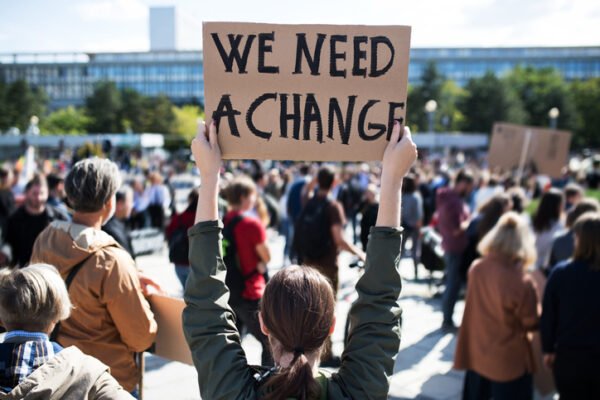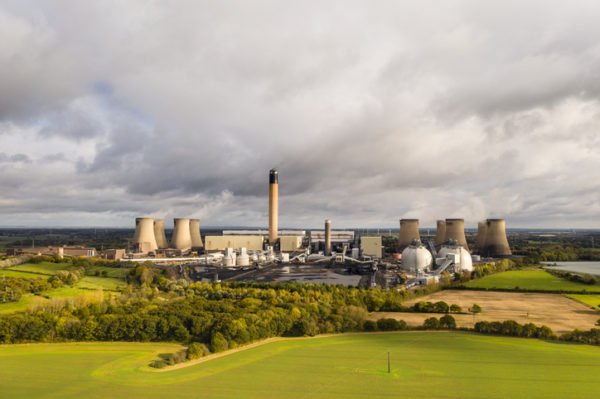Whatever claim our country once had to climate leadership is dribbling away by the day – even
as the science of climate change becomes more alarming.
Prime Minister Rishi Sunak cares not a fig for that science, and has pretty much told his own advisers on the Committee on Climate Change where they can stick their advice.
It’s a staggeringly foolish reversal, instigated apparently in the hope of picking up a few anti-woke, climate-denying motorists in the so-called Red Wall seats.
Entering another world
Tory politicians may be deaf to the science, but they’re not deaf to the money. So I found myself speculating how they might have reacted to a major new report in October from Lloyd’s of London.
The report warned that the impact of extreme weather events could incur losses of more than $5 trillion (yes, that really is a ‘t’, not a ‘b’!) ‘as crops fail and water and food shortages escalate’ over a five-year period in the near future.
‘Lloyd’s is committed to building society’s understanding and resilience around systemic risk, and protecting our customers against increasing climate threats’ – this was how John Neal, Lloyd’s CEO, put it.
Let’s just hope he’s managed to get a date in Rishi’s diary.
That kind of scale of economic damage is almost unthinkable. But it shouldn’t be.
A new study from Victoria University in New Zealand estimates the cost of storms, heatwaves, droughts and wildfires caused by the climate crisis is around $140 billion a year since 2000 – that’s roughly $60 million an hour for the past 20 years.
So guess what? The insurance industry (and its insurers, the reinsurance industry) has – at last! – properly woken up to the implications of all this. Particularly in the USA. Particularly in those states facing multi-billion dollar economic losses from climate-induced disasters that continue to occur year after year after year.
‘Another world’ is indeed possible. But let’s not assume the way in which that world is going to be ushered in is going to be pain free.
If it’s to happen fast, which it absolutely has to, the shock to our current world needs to be massively, traumatically disruptive, causing irreversible shifts in the way we organise the global economy.
So, still looking on the bright side, I find myself eagerly, if somewhat paradoxically, looking forward to the collapse of the global reinsurance industry within the next few years. That should do it.
Jonathon Porritt is an author, campaigner, founder-director of Forum for the Future and former chair of the UK Sustainable Development Commission (2000-2009).
 Play Video about This Rock Might Just Save The World
Play Video about This Rock Might Just Save The World Play Video about Play 2 hours of rock
Play Video about Play 2 hours of rock Play Video about Play 2 hours of brook
Play Video about Play 2 hours of brook Play Video about Play 2 hours of sheep
Play Video about Play 2 hours of sheep















































